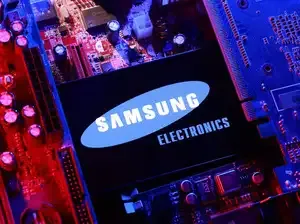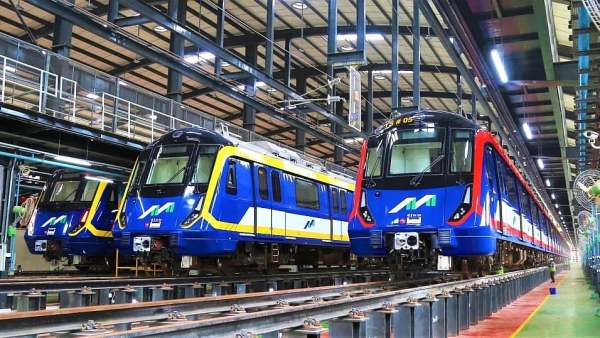
BSNL suffered big loss
The country's largest telecom giant BSNL has suffered a huge loss. According to Mint report, government telecom company BSNL has suffered a loss of ₹ 1,357 crore in the quarter ending September. Earlier, telecom company BSNL in the June quarter Rs 1,049 crore There was a loss of Rs. This figure is much higher than the same quarter of last year (₹ 1,241.7 crore). As a common user, you might be wondering that when the company is launching 4G and improving the network, then why are these losses increasing?
Why did BSNL suffer losses?
There is not just one reason behind this increasing loss of BSNL, but many reasons. The biggest reason is 'depreciation' and the expense of running the network. To understand in simple language, BSNL has made huge investments to upgrade its network. When a company incurs such huge expenses, depreciation and interest expenses on the books increase. If we look at the figures. The company's depreciation and amortization expenses stood at ₹2,477 crore, which is 57% more than last year. Union Minister Jyotiraditya Scindia had already indicated that BSNL has made a huge capex (capital expenditure) of ₹ 25,000 crore this year, the impact of which will be visible on the balance sheet. Scindia had clearly said, “We may not see that period of profitability in future, because the non-cash hit of ₹ 2,500 crore will be only due to depreciation.”
There is also good news for BSNL
Amidst all the challenges, there is some good news for BSNL. There has been improvement in the income from operations of the company. The effect of the launch of 4G services is now visible.
- Increase in Revenue: The company's income has increased by 6.6% on an annual basis to ₹ 5,166.7 crore.
- ARPU surge: The average revenue per user (ARPU) has increased from ₹81 to ₹91. This is an indication that people are now using BSNL services more.
- Subscriber Base: By the end of September, BSNL had 9.23 crore mobile subscribers. However, this is still much less than Reliance Jio (50.6 crore) and Airtel (36.4 crore).
The company aims to increase its revenue by 20% to ₹27,500 crore by financial year 2026.
Will BSNL be able to compete with private companies?
Market experts believe that just setting up a network is not enough. According to Faisal Kawoosa, chief analyst of Techarc, BSNL is facing two big challenges.
- Visibility of the brand: Compared to private companies, the brand of BSNL is not as visible in the market.
- Service Quality: The government company is still lagging behind in terms of service quality.
Kawoosa says, “BSNL's turnaround seems difficult because unlike the employees and management of private companies, there is no 'skin in the game' here. Dependence on government help is very high."
Change in accounting method
Another interesting aspect is that BSNL has changed the method of accounting to manage its expenses. Earlier, the salary expenditure of employees used to be 43% of the total revenue, which has now come down to 37%. This does not mean that the salary has reduced. In fact, during network expansion, the company has started putting the employee expenses in 'Capital Work-in-Progress' (CWIP) instead of directly putting it in 'expenses'.
BSNL has clarified that it is a common practice in the telecom industry to 'capitalize' overhead expenses during major expansions. This expense will be visible in the Profit and Loss (P&L) account when the project starts earning fully.
-
Sheikh Hasina's trial full of flaws since beginning

-
Samsung FY'25 revenue rises over 11% to Rs 1.11 lakh crore

-
Red Fort blast case: Govt issues advisory to TV channels after reports show content on making explosives

-
Bipartisan resolution in US Congress calls for stronger ties with India

-
Mumbai Metro 2A Train Roofs Face Corrosion Issue; MMMOCL Begins Anti-Rust Repairs
